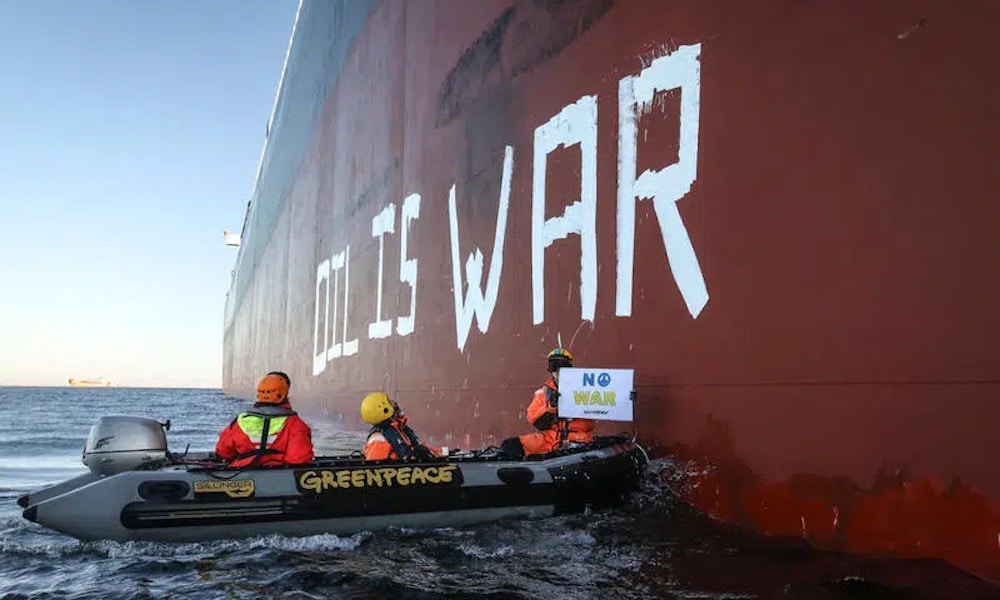Ship registry and 105 vessels among entities listed in EU’s
EU Unveils Strongest Sanctions Yet Against Russia

The European Union has launched its 18th sanctions package against Russia, successfully navigating opposition from Slovakia earlier this week. This latest round of measures is designed to significantly undermine Moscow’s revenue sources and target its network of sanctioned oil tankers. Key components include a tighter oil price cap and a complete ban on transactions related to the Nord Stream pipelines.
New Measures Target Russian Oil and Shipping
The EU’s new sanctions package introduces a reduced oil price cap for Russian crude, now set at approximately $47–$48 per barrel, which is about 15% lower than current market prices. This adjustment aims to further restrict Russia’s oil revenue, a critical component of its economy. Additionally, the sanctions impose a total ban on transactions involving the Nord Stream pipelines, effectively severing the EU’s remaining energy ties to Russia.
In a significant escalation, the EU will blacklist 105 more vessels linked to Russia’s shadow tanker fleet. This brings the total number of sanctioned vessels to over 400. For the first time, the EU has also decided to sanction a specific ship registry, although details remain undisclosed. The sanctions extend to the largest Rosneft refinery located in India, highlighting the EU’s commitment to targeting entities that facilitate Russian oil exports.
Financially, the sanctions package aims at Russian and third-country banks suspected of helping Russia evade existing sanctions. It includes asset freezes and transactional bans on major military-linked energy companies such as Rosneft and Surgutneftegas. EU foreign policy chief Kaja Kallas described this sanctions package as “among the strongest to date,” emphasizing the EU’s resolve to maintain pressure on Moscow until it ceases its aggressive actions.
Global Implications and Responses
In a related development, U.S. President Donald Trump has threatened to impose secondary sanctions on countries importing Russian goods unless Russia agrees to a peace deal within 50 days. This could include a 100% tariff on Russian exports, further complicating the global energy market. Currently, India and China are the largest buyers of Russian crude, accounting for 33% and 21% of imports, respectively. Turkey and Brazil lead in purchasing refined products, while the EU remains the primary buyer of liquefied natural gas (LNG).
In response to the growing issue of illegal oil transfers, Malaysia has announced plans to implement new regulations by the end of July. These regulations aim to tighten enforcement against unauthorized ship-to-ship oil transfers in its waters, a common practice among shadow tankers transporting sanctioned oil to China. Vessels found conducting such transfers will face immediate detention, reflecting a broader international effort to combat the shadow fleet and its impact on global oil markets.
